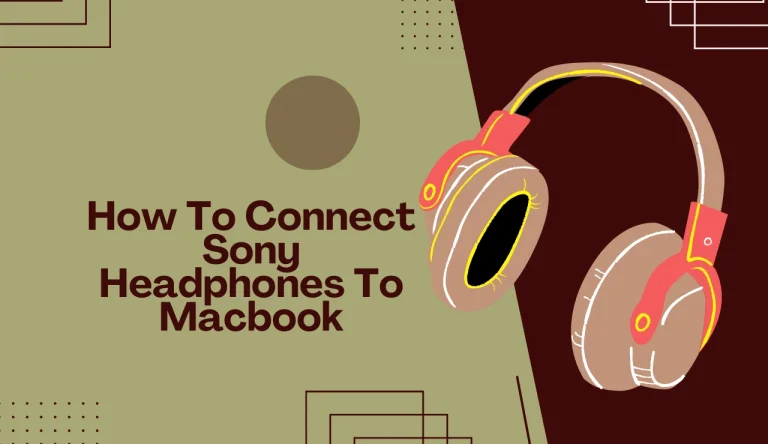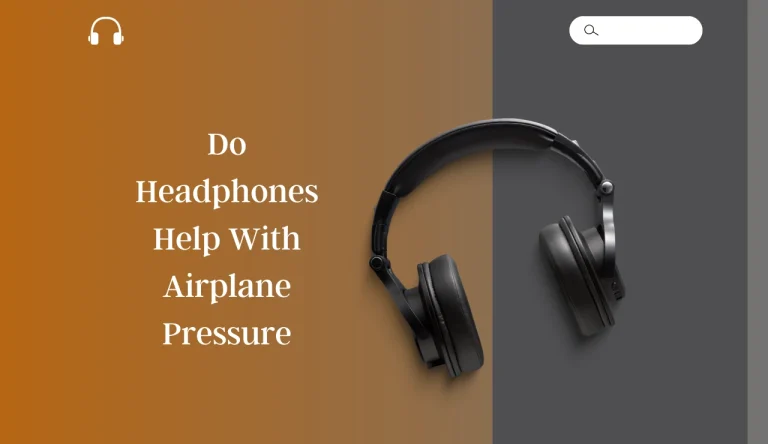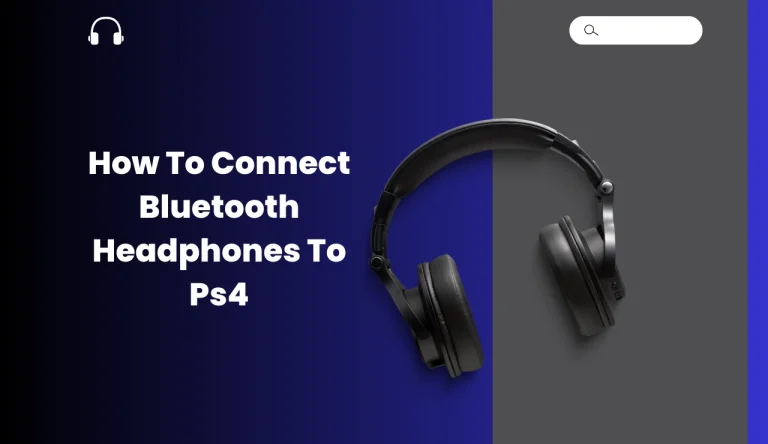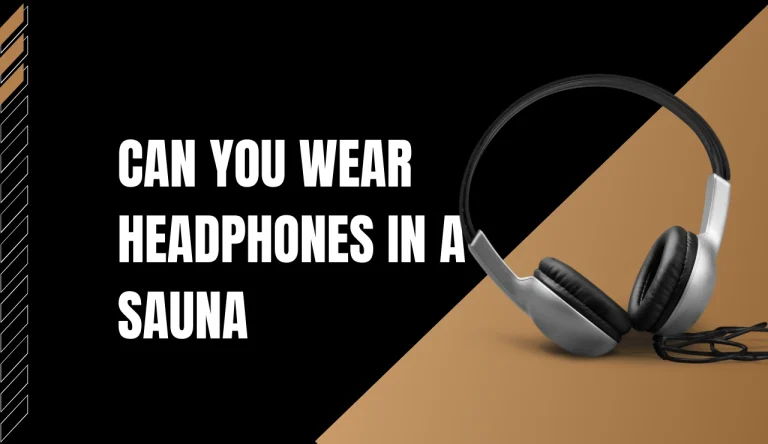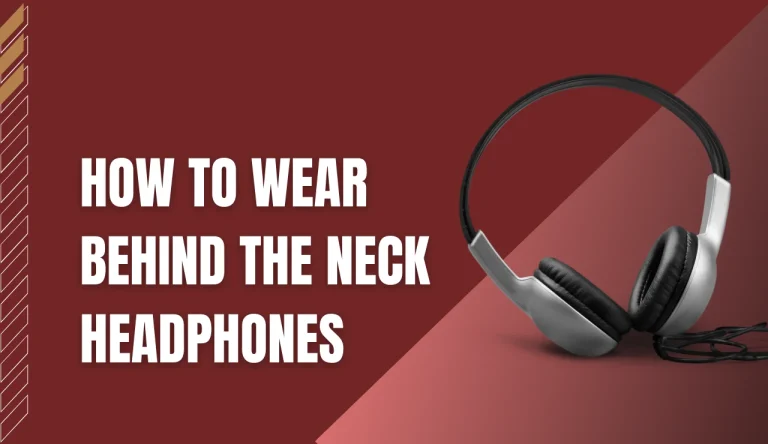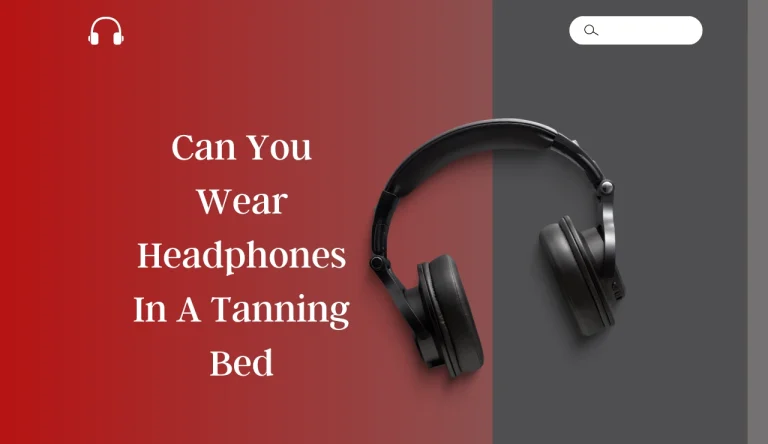Can I Wear Headphones After Wisdom Teeth Removal
After getting your wisdom teeth removed, you may be wondering if it’s safe to wear headphones. While it can be tempting to listen to music or podcasts during the recovery period, it’s important to consider the healing process and follow your dentist’s instructions.
Although wearing headphones is generally not prohibited after wisdom teeth removal, there are some risks involved. Can I Wear Headphones After Wisdom Teeth Removal? The use of headphones can potentially cause discomfort or pain due to pressure on the surgical sites, especially if you have an open socket or stitches. It is recommended to use headphones with caution and limit usage as much as possible during the initial stages of healing.
Alternatively, you can explore other options such as using speakers or earbuds that don’t exert pressure on your jaw. To ensure a smooth recovery, always consult with your dentist for personalized advice regarding headphone usage post-wisdom teeth removal.
Key Takeaways
- Wearing headphones after wisdom teeth removal can cause discomfort or pain due to pressure on surgical sites.
- It is recommended to use headphones with caution and limit usage during the initial stages of healing.
- Alternative options to headphones include using speakers or wireless earbuds that rest outside the ears.
- Consulting the dentist before wearing headphones is important to receive personalized advice.
Understand the Healing Process
You’ll want to be aware of the healing process when it comes to wearing headphones after wisdom teeth removal. The healing timeline varies for each individual, but generally, it takes about 7-10 days for the initial healing to occur.
During this time, it’s important to follow post-operative care guidelines provided by your dentist. These guidelines may include avoiding strenuous activities, maintaining a soft food diet, and practicing good oral hygiene.
It’s crucial to allow your body enough time to heal before resuming normal activities like wearing headphones. While wearing headphones may not directly interfere with the healing process, they can put pressure on the surgical site and disrupt blood flow, potentially leading to complications. Therefore, it’s best to wait until you’ve fully recovered and received clearance from your dentist before using headphones again.
Transition into the subsequent section: Following your dentist’s instructions is essential in ensuring a successful recovery after wisdom teeth removal.
Follow Your Dentist’s Instructions
Make sure to carefully adhere to the guidelines provided by your dentist regarding what activities you can engage in post-surgery. Following your dentist’s instructions is crucial for a smooth healing timeline and minimizing any potential complications.
Your dentist will provide you with specific post-surgery precautions that are tailored to your individual case, taking into account factors such as the complexity of the extraction and your overall oral health. These instructions may include avoiding certain activities that could hinder the healing process, such as smoking, drinking through a straw, or engaging in strenuous physical activity.
By following these guidelines, you can help ensure a successful recovery from wisdom teeth removal.
Now let’s consider the risks of using headphones after this procedure.
Consider the Risks of Using Headphones
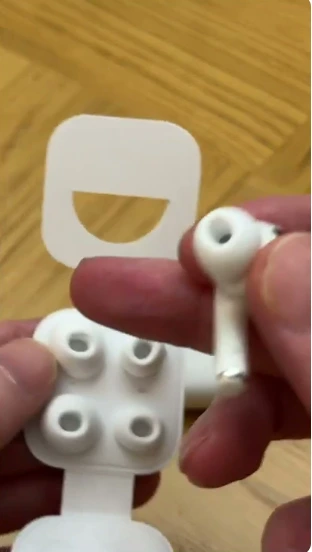
Be aware of the potential dangers that can arise if you choose to listen to music through your earbuds right after getting your wisdom teeth extracted. It’s crucial to consider the risks of prolonged headphone use and the potential damage it may cause to the healing process.
Here are four reasons why you should think twice before plugging in those headphones:
- Increased risk of infection: Wearing headphones for an extended period can create a warm and moist environment, which is ideal for bacteria growth.
- Delayed healing: The pressure exerted by headphones on your ears may disrupt blood flow to the extraction site, leading to slower healing.
- Dislodging blood clots: Sudden movements of your head while wearing headphones can dislodge blood clots, causing bleeding and delaying recovery.
- Masking pain signals: Listening to loud music through headphones can mask any discomfort or pain that might indicate a problem with your healing process.
Considering these risks, it’s important to use headphones with caution after wisdom teeth removal.
Use Headphones with Caution
Listen carefully and take heed when using your earbuds, as there are potential risks that come with prolonged use after getting your wisdom teeth extracted. It is important to prioritize headphone safety during this recovery period to avoid potential complications. While it may be tempting to tune out the world with your favorite tunes, excessive headphone usage can impede the healing process and increase the risk of infection.
To ensure a smooth recovery, limit headphone usage and give your body the time it needs to heal properly. In addition, consider using over-the-ear headphones instead of earbuds, as they put less pressure on the surgical sites. By being cautious and mindful of your healing process, you can enjoy music without compromising your well-being.
Limit Headphone Usage
Exercise caution and minimize your use of earbuds or headphones after undergoing wisdom teeth extraction to facilitate a smooth healing process and reduce the risk of complications. Excessive headphone usage can potentially lead to hearing damage, as the loud volume can strain your ears during this sensitive period.
Additionally, wearing headphones for extended periods may also have an impact on post-surgery swelling. Prolonged pressure from the headphones could hinder proper blood circulation and impede the healing process. Therefore, it’s crucial to limit your headphone usage during this recovery phase.
Opting for alternative ways to enjoy audio, such as using speakers or reducing volume levels, can help protect your hearing and promote optimal healing. Transitioning into alternatives will ensure you continue to prioritize your recovery without compromising your listening experience.
Opt for Alternatives
When it comes to enjoying music or audio content after wisdom teeth removal, there are alternative options you can explore. Instead of wearing headphones, consider using speakers as a way to listen to your favorite tunes or podcasts. By opting for this alternative, you can still enjoy your audio content without putting any pressure on your sensitive gums and the surrounding area.
Explore alternative ways to enjoy music or audio content
Discover different ways to still enjoy your favorite tunes or podcasts without using headphones after wisdom teeth removal. Here are a couple of alternative options for you to consider:
- Wireless Earbuds: Invest in a pair of wireless earbuds that don’t require insertion into the ears. These earbuds typically rest outside the ears, allowing you to listen to audio content without causing discomfort or aggravating your healing process.
- Sound Therapy: Explore the world of sound therapy, which offers a range of calming and soothing sounds. This can include nature sounds, white noise, or even guided meditations specifically designed to help you relax and unwind.
If wearing anything around your ears is still uncomfortable during your recovery period, another option is to use speakers to enjoy your music or audio content.
Consider using speakers instead of headphones
Consider using speakers instead of headphones.
Try setting up speakers in your room or living space, allowing the music to fill the air and envelop you in a surround sound experience that immerses you completely. This alternative can be a great way to enjoy audio content without using headphones after wisdom teeth removal.
Using headphones responsibly is important during the healing process as they can cause discomfort and potentially interfere with proper healing. By opting for speakers instead, you eliminate any potential impact on your recovery and still get to enjoy your favorite music or podcasts.
The sound quality might be different, but it can still provide an enjoyable listening experience while giving your mouth time to heal. Remember, it’s always best to consult your dentist regarding any concerns about post-surgery activities.
Consult Your Dentist
Make sure to consult your dentist before wearing headphones after wisdom teeth removal. Your dentist will be able to provide personalized advice based on your specific situation and healing timeline. While it may be tempting to use headphones as a convenient way to listen to music or watch videos during your recovery, there are potential complications that you should be aware of.
For example, if the pressure from the headphones is too strong, it could cause discomfort or even delay the healing process. Additionally, if you are taking any medications for pain management, wearing headphones may interfere with their effectiveness. By consulting your dentist, you can ensure that you make informed decisions about when it is safe for you to start using headphones again without risking any complications.
| Pros | Cons |
|---|---|
| Convenient | Potential discomfort |
| Private | Interference with medication effectiveness |
| Immersive experience | Delayed healing process |
Frequently Asked Questions
Conclusion
In conclusion, it’s important to exercise caution when considering wearing headphones after wisdom teeth removal. While it may be tempting to return to your regular routine, it’s crucial to prioritize the healing process and follow your dentist’s instructions.
Be aware of the potential risks involved, such as increased pressure on the surgical site or contamination from bacteria. If you do choose to use headphones, limit usage and consider alternative options that may be more comfortable and less risky for your recovery.
As always, consult with your dentist for personalized advice and guidance.

